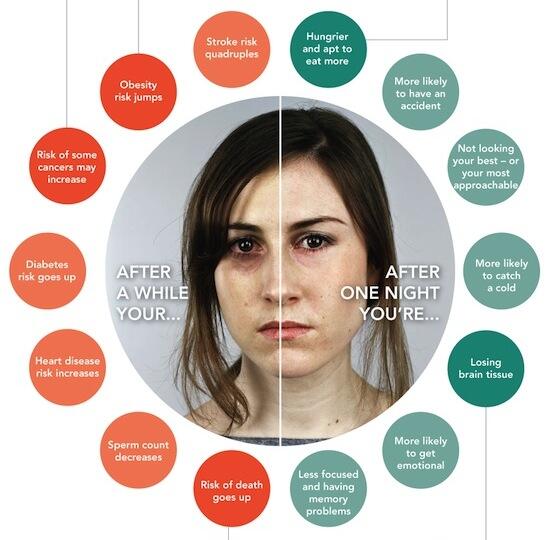
Importance of Sleep on Skin
Sleep is one of the most important factors in the way our body reproduces and can affect not only our mental but physical state, appearance wise. Study shows that the more hours we sleep, the increase of growth hormones are released which stimulates collagen production. This means that our skin makes the most collagen during sleep. Why is collagen so important? Collagen is a protein responsible for our skin elasticity and is needed for healthy joints. It can be found in your bones, muscles, and blood. The less collagen we have the more our skin would appear to be saggy, wrinkly, and dehydrated looking. Researchers found that repetitively getting 5 hours of sleep every night can lead to twice as many fine lines as sleeping with 7 hours would. Less sleep would also have an increase in uneven pigmentation such as dark eye bags and the overall appearance of your face. This goes to show that any amount of sleep is important and that we should prioritize getting those 7 hours or more of sleep.
The Physical Effects of Sleep on Skin
When little to no sleep is taken, one of the most drastic effects is how your body responds physically. The most visible results from not getting enough sleep are the way our facial appearance changes. When there is less sleep happening, our body does not have enough time or the ability to produce collagen—our body’s main source of skin elasticity. What exactly is collagen and why is it so important? Collagen is a protein responsible for our skin elasticity and is needed for healthy joints. It can be found in your bones, muscles, and blood. The less collagen we have the more our skin would appear to be saggy, wrinkly, and dehydrated looking.
The Mental Effects of Lack of Sleep
When we get less than the recommended sleep time our body tends to not only physically but mentally tire out. Lack of sleep is a major cause in the mood that we have throughout the day and going forward. This means that not only does is negatively affect our mood in present time but in the long run as well. Depression is a major result of getting lack of sleep. Because sleep and mood are closely connected when we don’t get enough sleep, we become more prone to becoming anxious, depressed, and suicidal.


